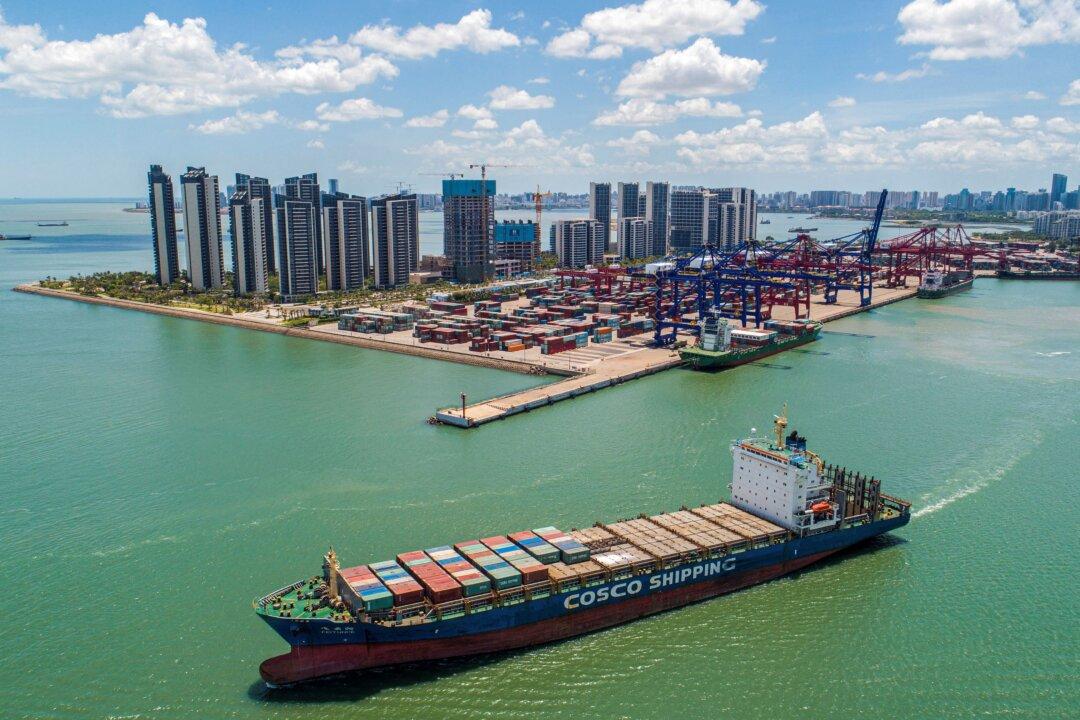Commentary
China’s recent interference with ship-data broadcasts might provide a clue on Chinese military strategy, as well as give a preview of the opening moments of a future attack on Taiwan.


China’s recent interference with ship-data broadcasts might provide a clue on Chinese military strategy, as well as give a preview of the opening moments of a future attack on Taiwan.